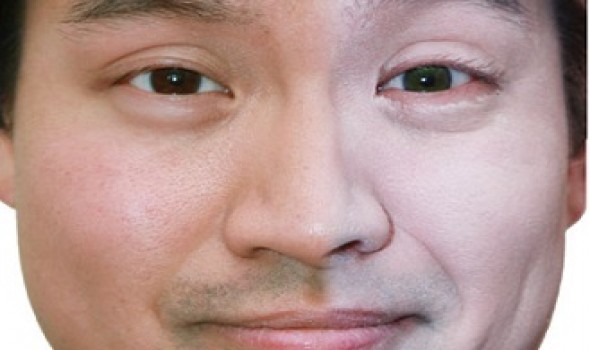Putting a new face on racism
Putting a new face on racism

By Daniel Nelson Anglo-Saxons respect manliness, militarism and power. In Britain, for example, the natives admire Sikhs and Gurkhas – martial peoples – and scorn meek, poetry-loving Bengalis (few Brits know anything about the bravery of the Bangladesh independence struggle). The weaker you are seen to be, the more you attract white racism. To avert it, you need to display, as a migrant community or a race or a nation, physical prowess or power. Anti-Chinese racism – as evidenced, for example, by loutish behaviour in Chinese restaurants – diminished in Britain thanks to the fighting image of kung fu and China becoming a nuclear nation. In place of the waiter and laundryman stood Bruce Lee. People of African descent smashed some of the prejudice against them by the confrontational politics of the Black Power movement in the US, and by sporting heroics that included fast bowlers of such terrifying pace and aggression that English batsmen cowered in the dressing room. For migrants specifically from African countries, producing one of the world’s great human beings, Nelson Mandela, didn’t quite qualify for respect: that, too, has come from sporting conquests, but anti-African racism may not be knocked for six until there is an African nuclear bomb. I was reminded of my teenage theory of racism and power last week when the morning after I saw Yellow Face – Henry Hwang’s superb play about cultural Asian-ness – The Guardian carried a full-page story on its international pages headlined: No Chinese baddies please: Hollywood embraces Beijing’s box office boom. The report described how Hollywood, once the home of "yellow face" – Yul Brynner as the King of Siam in The King and I, Jonathan Pryce in Miss Saigon: the equivalent of white actors “blacking up” for African roles – and purveyor of decades of images of evil and wily orientals is now kowtowing to China. Chinese villains are being replaced by North Koreans, James Cameron is considering writing Chinese characters into Avatar sequels, reference to a virus outbreak is excised from World War Z; script changes are made to Django Unchained to take account of Chinese sensibilities. Why? Because of China’s economic power, exercised in cinema terms through Beijing's insistence on joint productions if you want entry to the increasingly lucrative China market; censorship of attitudes and scenes deemed contrary to China’s image; and the need to avoid offending Chinese audiences. The Guardian report provided an interesting coda to Hwang’s play, which brilliantly combines elements of his own past – the row over the Jonathan Pryce casting; Hwang’s subsequent flop, Face Value; the harassment of his father in a bout of anti-Chinese hysteria in Washington – with a fictional thread about a European actor who is accepted as Asian, adopts an Asian identity and becomes a spokesperson for the American-Asian community (“Nowadays, it’s so hard to tell”). It’s a delightful, witty concept that delivers entertaining theatrical confrontations and intelligent provocations about cultural identity and multiculturalism – and not least, whether theatre has to be “authentically” cast. The piece is funny, clever, moving, and well acted and staged. The venue, the Park Theatre in Finsbury Park, is new. Yellow Face puts it on the map. Yellow Face is the inaugural production of Special Relationship Productions, a new production company that is trying to “increase the range of opportunities available for women and ethnic minorities in the performing arts and use gender and race blind casting wherever we can. “We want our productions to engage with groups that do not traditionally make pup a a significant section of the theatre-going public… This can be achieved by promoting quality work from different countries or from different ethnic backgrounds that may not have had the chance to have an audience in the UK.” * Yellow Face is at the Park Theatre, Clifton Terrace, Finsbury Park, London N4 3JP, until 16 June. Info: 7870 6876 Image by Park Theatre


